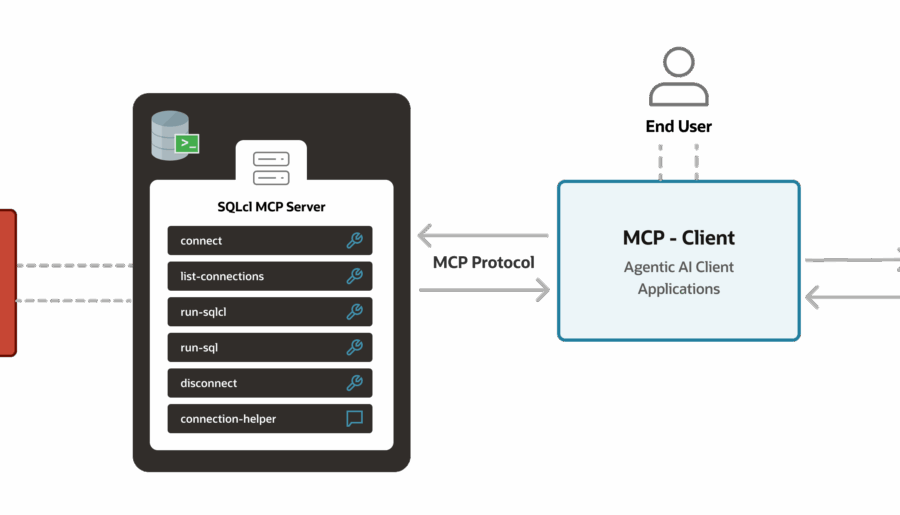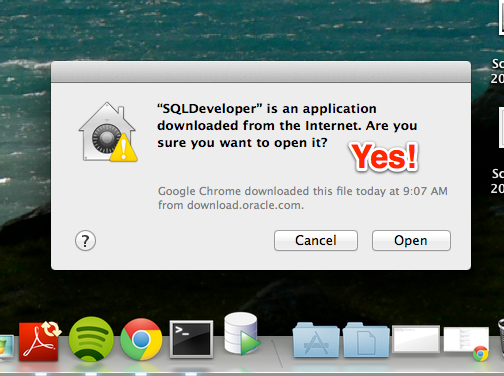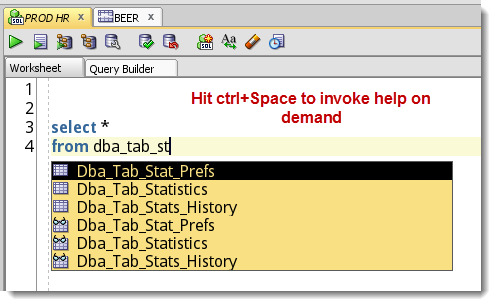There’s nothing worse than the ‘white screen of panic.’ You’re faced with the prospect of actually writing some code from scratch. Or even worse, you’re doing a presentation or demo, and everyone gets to see what a horrible typist you are. Yes, this is about Snippets, and Snippets are cool. But if you’re a keyboard person, then you’re gonna like SQL Templates even better. Go read this and come back. -TJS 3/13/15 Yes, you could…
The quick answer: ‘Mostly.’ Simple question of the day – how do I get SQL Developer to word wrap like Notepad does? If you don’t know what I’m talking about, then here’s a screenshot of some text before and after word wrap is applied in Notepad: No Word Wrap Word Wrap A SQL Developer Example Here’s some text to play with: 1460812762693c821de2247_000001 That’s more than 80 characters and it’s broken up over multiple ‘words.’ With…
Looking at data can get tedious. Your eyes start to hurt. Your mind starts to wander. You start humming the theme song to The A-Team. Wouldn’t it be nice if the data you started your day with could be jazzed up a bit? We’ve seen in an earlier post how you can use gauges and hyperlinks in your queries and grids. But maybe you didn’t realize that just plain jane HTML tags would also work.…
This feature is sure to define your placement into one of the following camps: I love it when my IDE helps me with my code I hate it when my IDE inserts code I didn’t explicitly type STOP! If you’re using version 4 or higher of SQL Developer, Click Here. And the feature is – Autogenerate Group By clause The help defines this preference/feature as: Automatically generates a GROUP BY clause if you manually enter…
I know, who has errors in their code? I don’t have errors because I don’t write code. But for the rest of you, it’s possible you have inherited someone else’s problem. And that problem might be an invalid VIEW. You can tell your view has a problem because of the big, sad, red X Oracle stores these errors in a data dictionary view, ALL_ERRORS. You just need to query them. Or if you’re in SQL*Plus…
Want to monitor or browse the sessions running on your database? You could query v or gv$session and get an idea of what’s happening. But often you want and need to join into waits, locks, performance data, plans, etc. to get a full picture of what your users and applications are doing in the database. Enter the Tools – Monitor Sessions… screen. This is actually a Master/Detail report! I know, shocking – right? You can…
You have data and lots of it. Some of this data includes images. You store them in your Oracle tables as Binary Large Objects (BLOBs.) You build reports using Oracle SQL Developer. Now you want to make those images in your tables available to your reports, and more importantly, to the end users reading said reports. You can do it! Earlier this year we walked through how to work with BLOBs in Oracle SQL Developer.…
Being a short week due to the holiday, and with everyone enjoying their Summer vacations (apologies Southern Hemispherians), I reckoned it was a great time to do one of those lazy recap-Top 10-Reader’s Digest type posts. I’ve been sharing 1-3 tips or ‘tricks’ a week since I started blogging about SQL Developer, and I have more than enough content to write a book. But since I’m lazy, I’m just going to compile a list of…
After presenting the SQL Developer PL/SQL debugger for about an hour yesterday at KScope12 in San Antonio, my boss came up and asked, “Now, would you really want to know what the Smart Data panel does?” Apparently I had ‘made up’ my own story about what that panel’s intent is based on my experience with it. Not good Jeff, not good. It was a very small point of my presentation, but I probably should have…
There are two methods for running queries in SQL Developer: Run Statement Run Script What’s the Difference? There are some obvious differences between the two features, the most obvious being the format of the output delivered. But there are some other, more subtle differences here, primarily around fetching. What is Fetch? After you run send your query to Oracle, it has to do 3 things: Parse Execute Fetch Technically it has to do at least…







